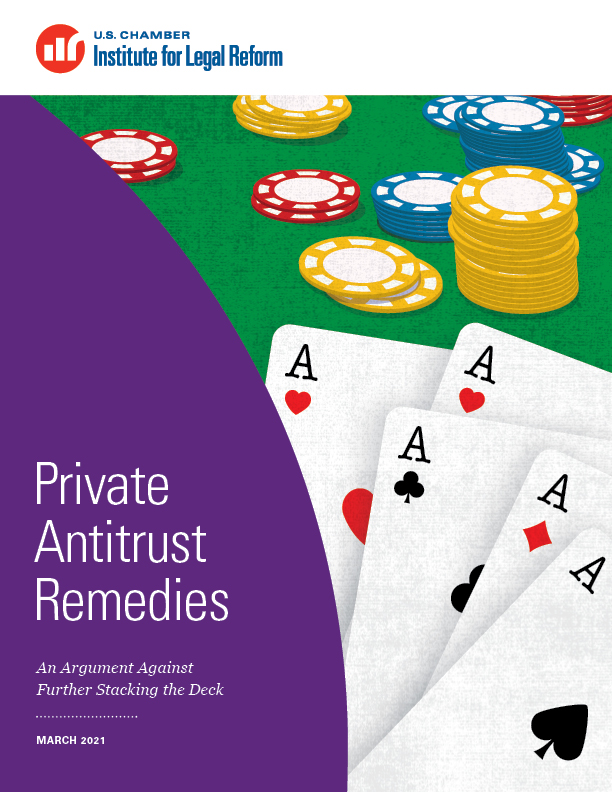By Harold H. Kim
In a new op-ed in The Wall Street Journal, U.S. Chamber of Commerce General Counsel John Wood explains why a simple-sounding proposal from Sen. Elizabeth Warren, which makes company executives criminally liable for actions that now are considered basic negligence, would “upend hundreds of years of U.S. legal tradition and wreak havoc in boardrooms.”
The now-presidential candidate’s proposal would hold corporate executives criminally liable if they “negligently permit or fail to prevent” any illegal activity at their companies. It would also “criminalize negligence” if any legal violation affects the “health, safety, finances, or personal data of 1% of the American population or 1% of the population of any state.”
Let’s say a retail company, despite having strong data protection programs, suffered a data breach because an employee accidentally entered a password into a phishing email. The CEO of that company could potentially go to jail.
Wood says this heightened liability under the Warren proposal will force business leaders to “pour more time and money into protecting themselves and less creating jobs and boosting shareholder value.”
One big reason for this is that the negligence standard is extremely low. Violations could be accidental and even include situations in which executives are unaware of any wrongdoing.
“For centuries,” Wood says, criminal penalties have been reserved for “people who knowingly engage in misconduct.” Punishing someone with jail time for something they were unaware of would throw hundreds of years of precedent and tradition out the window.
Adopting such a proposal may also limit the ability of misconduct victims to seek compensation. Currently, a government action against a company often results in a fine or a settlement, which may “provide compensation to consumers and others who have been harmed.” While this system has its flaws and often forces companies to pay settlements in cases where they deny wrongdoing, a criminal system sets up very different incentives.
When threatened with jail time, Wood writes, many CEOs may “simply refuse to settle.” Those who have been wronged will either lose out on the money they might otherwise get, or have to spend exorbitantly to get it.
There are better ways to promote ethical white collar behavior. One does not have to look further than the U.S. Department of Justice’s (DOJ) actions to incentivize compliance and cooperation with the business community.
Departing U.S. Deputy Attorney General Rod Rosenstein recently said that the “safest communities are self-policing.” Noting that government enforcement can only happen after wrongdoing occurs, he said that encouraging strong compliance programs “can prevent corruption and eliminate the need for enforcement.” In effect, stopping the exact conduct Sen. Warren wants to punish before it even happens.
Wood says Sen. Warren’s proposal exists merely to “please the masses.” Ultimately, though, it wouldn’t be good for anyone.



